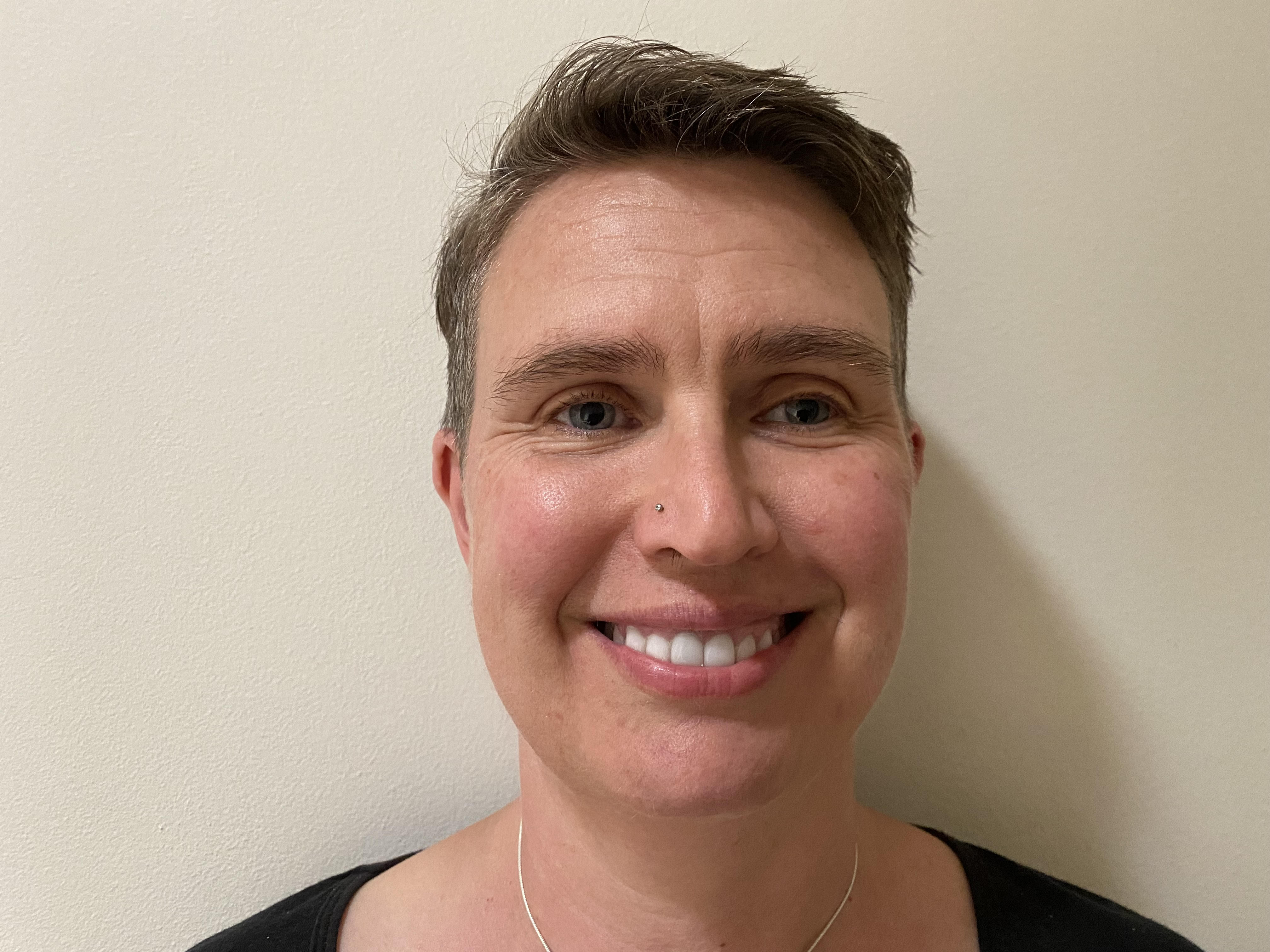Tell us a little bit about yourself, your family, and the work you do.
“My wife and I have been short term, emergency respite carers for five years now. I remember sitting in a cafe in Glebe really early on in our relationship and we were talking about both wanting to be foster carers. My background in child services meant I knew there was a shortage of carers, so when it was the right time for us, we decided to go for it.
We chose to be short term and emergency carers so we can have a break, and we also know those children will be going home to family. In the five years we’ve had 12 children come and stay with us. Our shortest stay was 24 hours and the longest was 14 months.”
What hurdles did you come up against on your journey to balance both career and care?
“I manage practitioners so I do less face to face work with families than I did in child protection. I think there are challenges with caseworkers that come across me when I am fostering a child. They might go: ”oh no it’s her!” I know the system very well, so I’m probably very annoying for caseworkers sometimes!
On a more serious note, I think the challenge has been managing care and work during our extended lockdown. There is self-care and care for others, in that there are elements in my work that my family don’t need to hear. Some of the conversations I have to have for work are not conversations anyone should hear in terms of confidentiality.”
What would be your advice to any expectant or new working parent?
“I think a lot of people in lockdown have experienced how worlds merge in some ways, which can be tricky. I’ve set rituals and activities so I can leave work at work.
A few things that I’ve found work for me:
- I try to get changed so I have work clothes and ‘home clothes’
- I spray aromatherapy oils around my desk for boundary setting
- I do an end of day meditation
- I experimented with putting a beautiful scarf over my laptop so I couldn’t see it any more!”
What have you learned about yourself through the process?
“I’ve learned through COVID, as everyone has what flexibility truly means. I hope we remember and don’t go back to how things were before, but instead incorporate more flexibility into people’s working lives.”
Looking back now, what advice would you give yourself at the time you decided to start foster care?
“My advice would be to communicate early and communicate often. The people who I work with know I’m an emergency carer, there are times my phone will go off at work, and I have to head home because we’ve been asked to take a child and I have to make sure things are ready. The fact they know that could happen has made it easier.”
What is the best part about being a foster carer?
“Doing all the ordinary things of parenting – like parent-teacher nights and ordering school lunches.
It’s just about having the openness and willingness to get to know a child, and to share and be part of their journey.”
Zoe says that caring can also show a child that what they’ve experienced so far isn’t the way it always has to be.
“I had one young person say to me ‘this is the only house where I haven’t got into trouble.’
That’s really stayed with me as giving him the opportunity to understand that things can be different.”
What I’ve Learned is a series featuring the parents (and wisdom) within the Grace Papers community. Log in or register to read more




